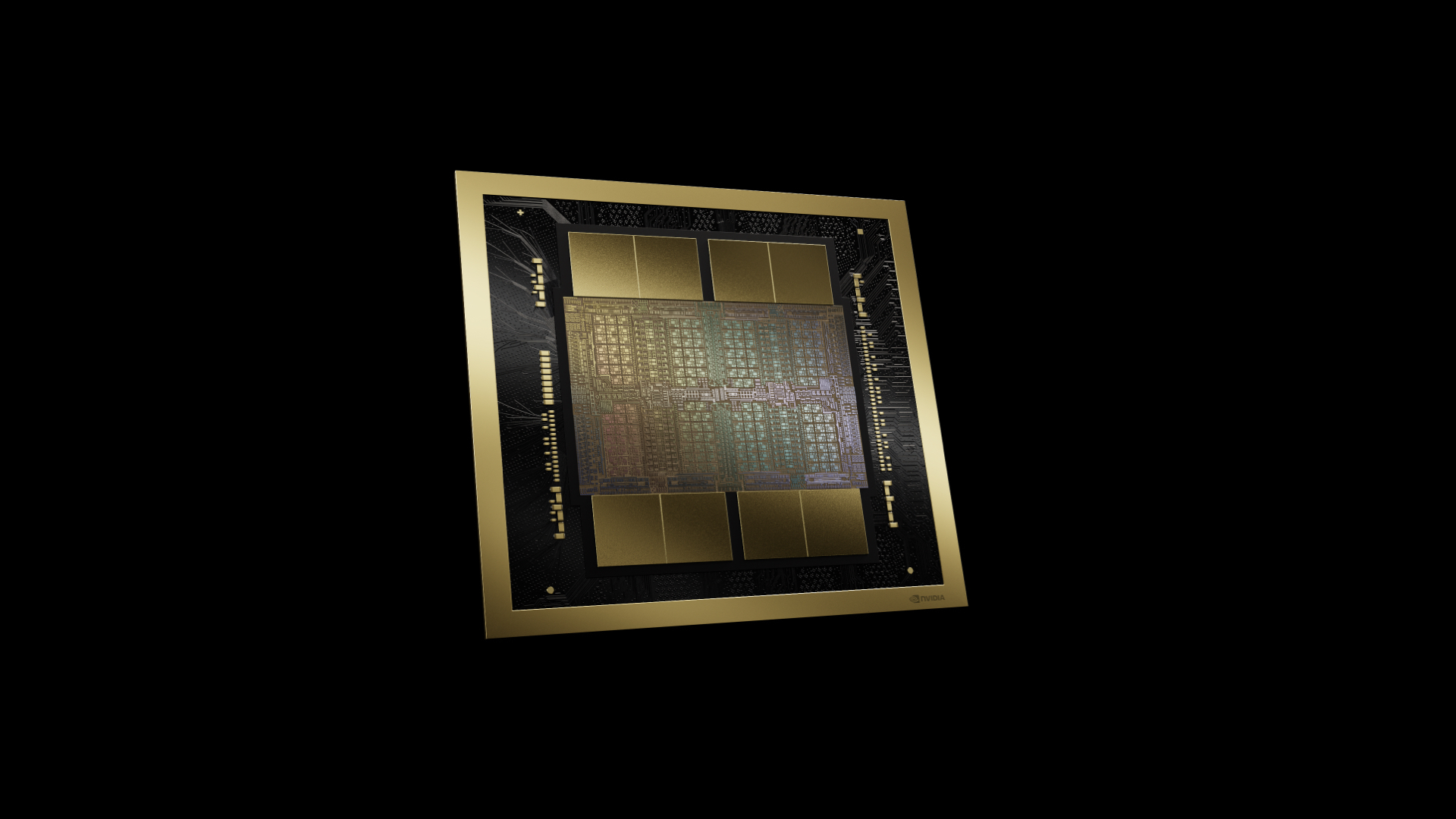TSMC is negotiating with Nvidia to produce its Blackwell GPUs for AI at itsFab 21 near Phoenix, Arizona, reportsReuters. If the companies ink an appropriate agreement, Nvidia might get additional Blackwell GPUs produced in the U.S., undoubtedly pleasing its customers and politicians. There are a couple of catches, though.
Nvidia’s Blackwell GPUs are made using TSMC’s custom 4NP (4nm-class) process technology that can be relatively easily ported from the foundry’s fabs in Taiwan to its Fab 21 in Arizona, which is designed to make chips on 4nm and 5nm-class production nodes.

Nvidia’s highest-end Blackwell GPUs for AI and HPC rely on TSMC’s CoWoS-L (B100,B200,B300, etc.) and CoWoS-S (B200A, B300A) packaging. TSMC does not have an advanced packaging facility in the U.S., and its partnerAmkor will only start packaging chips in Arizona in 2027. As a result, Blackwell AI silicon produced in Arizona will need to be shipped back to Taiwan for final assembly, as all of TSMC’s CoWoS packaging capacity remains in Taiwan. Shipping to Taiwan would add costs, but since most AI servers are assembled in Taiwan anyway, this should not create a significant logistics problem.
Theoretically, Nvidia could redesign Blackwell silicon for production in the U.S. and use Intel’s EMIB and Foveros 3D packaging instead of TSMC’s advanced packaging methods. However, that would increase costs, too. Still, if Nvidia wants all-American Blackwell GPUs for AI, this could be a way to achieve this.

Hypothetically, Nvidia could also produce Blackwell gaming GPUs at Fab 21 and, therefore, free up capacity for Blackwell AI GPUs in Taiwan. These chips do not require sophisticated packaging, so they could be assembled in the U.S. However, since nobody produces graphics cards in America these days andTSMC is set to charge extra for chips made outside of Taiwan, it hardly makes a lot of sense to make gaming GPUs in Arizona.
Apple and AMD are confirmed as customers of TSMC’s Fab 21 in Arizona. Still, neither company has officially disclosed products set to be made in the U.S., even though a rumor is that Apple makes its A16 Bionic at the facility. Nvidia and TSMC also declined to comment on the ongoing negotiations to Reuters as they are confidential.
Get Tom’s Hardware’s best news and in-depth reviews, straight to your inbox.
Anton Shilov is a contributing writer at Tom’s Hardware. Over the past couple of decades, he has covered everything from CPUs and GPUs to supercomputers and from modern process technologies and latest fab tools to high-tech industry trends.